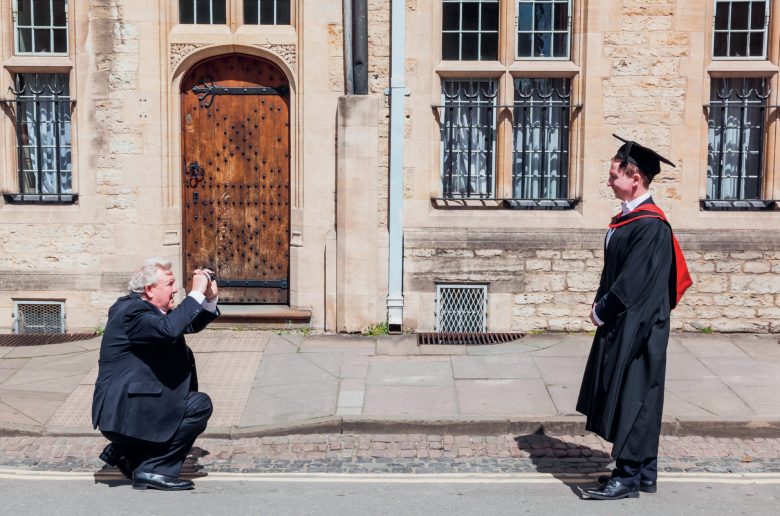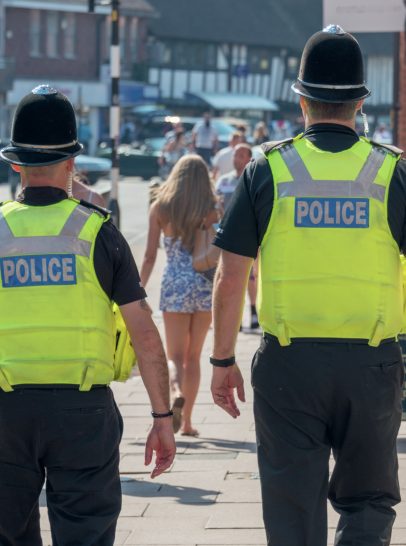
How unequal are we in the UK? And are we getting more, or less, unequal? In October 2009 the TUC held a 1-day conference at which it claimed that the UK was one of the most unequal societies in Europe and that the inequality gap here underpinned pressing social problems including crime, drug abuse, poor health and violence. What is the evidence for this?
In terms of income, the UK does seem to be close to the top of a global inequality table comparing the richest fifth with the poorest fifth (see Figure 1). Only Portugal and the USA have more inequality measured in this way. So what is the trend in equality, say over the past three decades? Surely welfare programmes and better pay have helped close the inequality income gap between the least well off and the wealthiest? Using 1974 as a starting point of 100, has inequality increased over time (rising above this base figure of 100) or has it diminished (falling below 100)? This work by the Institute for Fiscal Studies (see Figure 2) suggests that governments do have an effect on inequality. It fell under Labour (1974–8), rose rapidly under Mrs Thatcher (1979–91), was steady under John Major (1992–6), and has been quite volatile under New Labour (1997–2006).
Your organisation does not have access to this article.
Sign up today to give your students the edge they need to achieve their best grades with subject expertise
Subscribe




